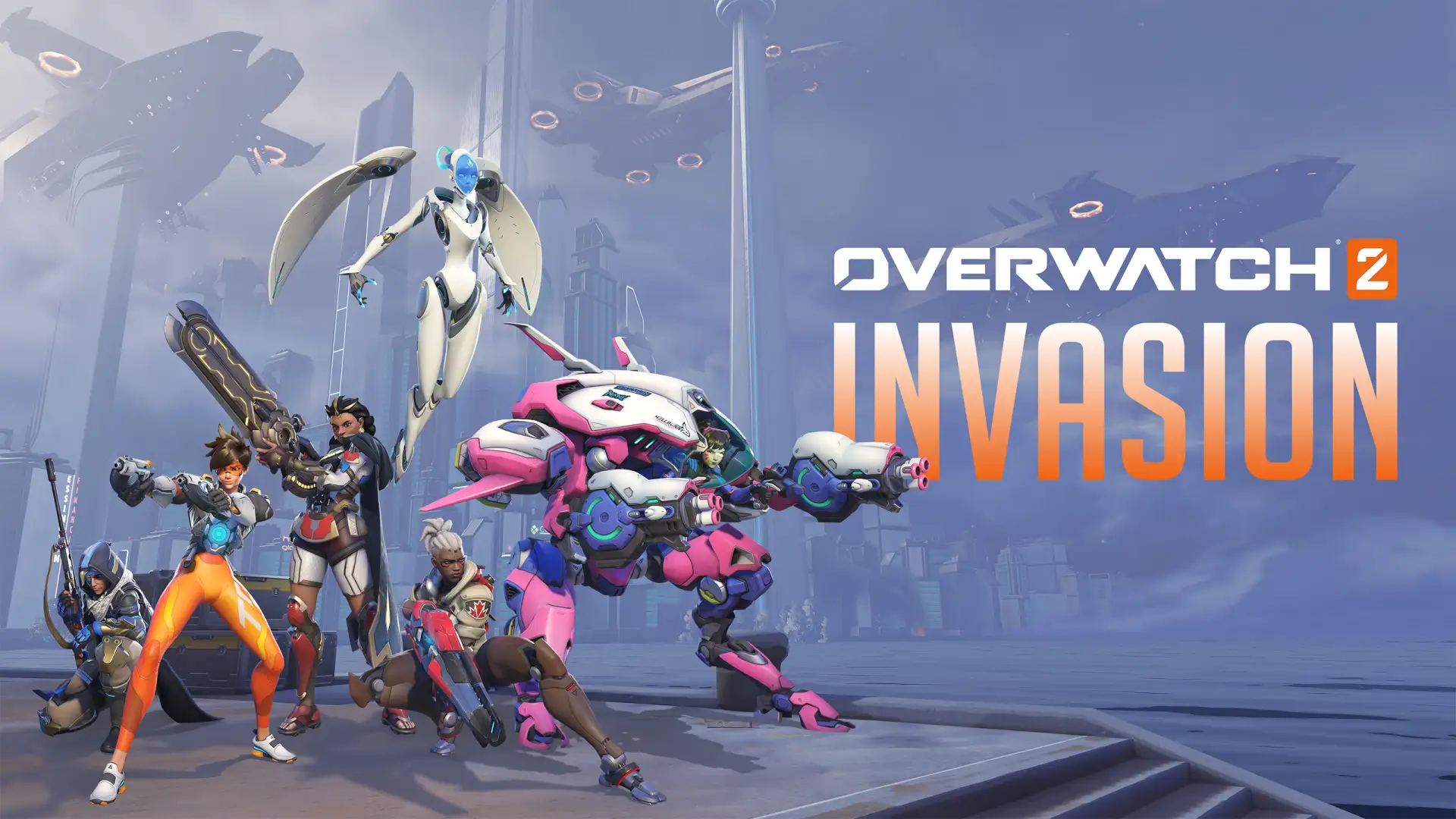Introduce Esports
Electronic sports (E sports) at TA777 are growing explosively globally, leading to the rise of E sports betting. This is a form of betting on the results of professional game matches, from famous games like **League of Legends, Dota 2, CS: GO** to rising mobile games like **Mobile Legends and PUBG Mobile**.
With a large fan community and regularly organised professional tournaments, Esports betting allows you to experience the drama of top matches while also challenging you. Own ability to analyse and predict**.
Join now to engage yourself in the exciting atmosphere of the E sports world and **feel the joy of victory** with attractive rewards!

All Gaming Lobby
Overview
If you’re over 40, it might be tough to wrap your head around the concept of esports. You probably already know about it if you’re part of the younger generation. Not only is the esports industry itself increasing exponentially all over the world, but esports wagering is also booming. It doesn’t matter whether you’re a devoted esports enthusiast or just now learning about competitive video game play; you’ll find a wide range of betting options on all of the major titles at BetOnline.ag. Sports betting enthusiasts know that BetOnline.ag has always been on the cutting edge, and now we’re looking to offer our clients the best esports wagering available anywhere.
So, what is ‘esports’? Understanding how they came into being and what they are helps to understand the scope of the world video game industry. If your memory of video games involves playing Atari as a 12-year-old, you’re in for a severe reality check. Video games have little to do with kids’ toys anymore. In 2018, the US video game industry generated a record $43.4 billion in revenue. This was a 17% increase from the 2017 total of $36 billion, the previous record. To put this into context, the US video game industry is significantly larger than the film and music industries—combined. 2018 also saw another milestone for video games—the $43.4 billion in revenues eclipsed the US casino gambling industry ($42.7 billion in revenue) for the first time in history. Internationally, the video game industry generated $134.9 billion in payments in 2018, surpassing the global film and music industries. It is also a 10% jump over 2017, with more double-digit growth forecast for the coming years.
Esport growth
It gets exciting here: a massive audience for professional-level competitive video games exists. This is precisely the definition of esports. With the huge market for video games, it’s not surprising that high-level competition would exist. What is a bit more surprising is its popularity as a spectator sport. If you’re thinking on a scale of a few hundred geeks watching a video stream in their parent’s basements, think again. Esports fill vast arenas all over the world. The 2018 Dota 2 International Tournament draw 20,000 fans to Vancouver’s Rogers Arena, which is better known as the home ice of the Vancouver Canucks. That’s just a drop in the bucket reached to the Intel Extreme Masters World Championships—the 2017 event held in Poland attracted a live audience of 173,000, with 46 million unique viewers watching the live stream. This viewership number would make it the second most-watched TV broadcast in the United States during 2018, ahead of the State of the Union Address (45.6 million) and trailing only the Super Bowl.
There are countless other fascinating statistics derived from the esports boom. Logic suggests that people who play a specific video game would enjoy watching high-level competitors in the same game. That logic is not exactly accurate—in fact, 42% of viewers don’t play the game they watch at a competitive level. This means that the popularity of esports isn’t merely a function of the size of the video game industry—it’s a legitimate spectator sport poised for continued independent growth. Another interesting fact is that most esports fans focus on competition in one specific game title, for example, League of Legends, Hearthstone or Overwatch.
How to Bet
There is a definite hierarchy of games in esports, particularly esports betting. The ‘big four’ esports betting titles are League of Legends, Counter-Strike: Global Offensive, Dota 2 and Overwatch. StarCraft II: Wings of Liberty and Hearthstone are on the periphery of entering the top tier. Other titles that are offered for esports betting include Heroes of the Storm, SMITE, Vain Glory, Call of Duty, Halo, Crossfire, Clash Royale and World of Tanks. One of the following likely additions to the esports betting board is the professional sports simulation games such as NBA 2K19, FIFA 19 soccer and NHL 19 hockey. These sports leagues have all invested in creating their competitive gaming infrastructure. Given the financial backing and leverage they can provide, it won’t be long before they’re also on the esports betting board.
After you get your head around competitive video gaming and learn about the individual titles being played, esports betting is similar to betting on countless other sporting events. The most popular form of esports wagering is a money line bet on a team or player to win a match. There are futures betting markets offered on major tournaments where players bet on the ultimate winner of the event at moneyline odds, just like you would bet on NFL Super Bowl futures. Proposition wagers are becoming increasingly common—you’ll see props such as ‘Map Advantage’ and ‘Total Maps Played’ for Counter-Strike and ‘First Barracks Destroyed’ for Dota 2. Like traditional ‘stick and ball sports’, live betting on esports is also gaining popularity. This permits players to wager on a match ‘in the running’ like a soccer or American football game.
Betting tips
The best way to start betting on esports is to focus on one of the popular game titles—at least initially. Learn everything you can about the game itself, as well as the competitive scene surrounding it. With the immense popularity of video games and esports, plenty of resources online cover the industries in general and specific titles. Once you build your knowledge of the game and the accompanying esports, you can start looking at moneyline odds for competitive events, trying to find value opportunities.
At the highest level of esports competition, there is a lot of parity in terms of skill level. It’s similar to chess—the top players deeply understand the game’s strategy and tactics. Since, from a qualitative standpoint, players are very evenly matched, the handicapping focus turns to more subjective factors. As in chess, preparation is critical—in particular, it is essential to study the tactics of potential opponents and develop countermeasures to thwart what they want to do. That means that players are always looking for opportunities to come up with surprises and unexpected wrinkles in their strategy. Another critical component is focus—if you can determine that a top player doesn’t have his ‘head in the game’ for whatever reason, it can create substantial value betting opportunities. We were referred by 188Jili.
Table of Contents
Toggle


